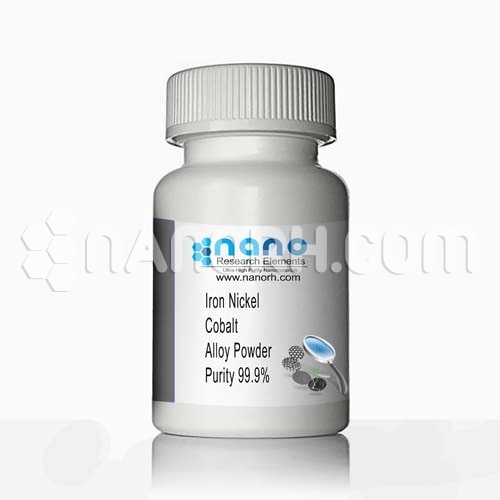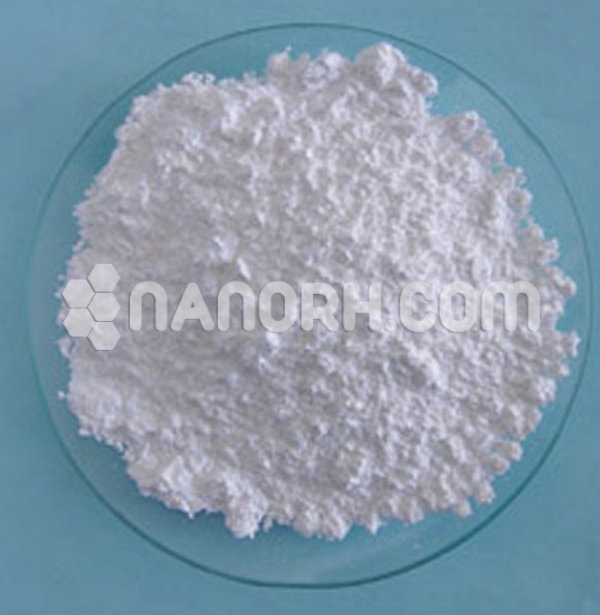| Iron Nickel Cobalt Alloy Powder | |
| Product No | NRE-9017 |
| CAS No. | 7439-89-6 / 7440-02-0 / 7440-48-4 |
| Formula | Fe-Ni-Co |
| Molecular Weight | 173.4716 g/mol |
| APS | <40 um (Can be Customized) |
| Purity | 99.9% |
| Density | 8.25 g/cm3 |
| Color | Gray |
| Melting Point | 1450°C |
| Boiling Point | NA |
Iron Nickel Cobalt Alloy Powder
Applications:
Magnetic and Electromagnetic Applications:
Magnetic Cores: Fe-Ni-Co alloys are used in the manufacturing of magnetic cores for transformers, inductors, motors, and electromagnetic shielding. Their high magnetic permeability and low coercivity make them ideal for low-loss magnetic materials used in high-frequency applications.
Magnetic Sensors and Actuators: The alloy is commonly used in magnetic sensors, positioning devices, and actuators due to its ability to respond to magnetic fields effectively. This includes applications in automotive sensors, industrial equipment, and consumer electronics.
Permanent Magnets: Fe-Ni-Co alloys are used in the manufacture of permanent magnets for applications that require stable and high magnetic fields, such as in motors, generators, and magnetic storage devices.
Precision Instruments:
Thermal Stability in Precision Equipment: Due to their low thermal expansion, Fe-Ni-Co alloys are used in precision instruments such as measuring devices, calibration tools, and scientific equipment. The dimensional stability of the material ensures that these instruments maintain accuracy under varying temperature conditions.
Aerospace: Components used in the aerospace industry that require high precision and dimensional stability at extreme altitudes and temperatures can be made from Fe-Ni-Co alloys. These include parts for satellites, spacecraft, and aviation systems.
Automotive Industry:
Sensors and Actuators: Fe-Ni-Co alloys are used in automotive sensors, such as proximity sensors and position sensors, where the material’s magnetic properties are leveraged for detecting changes in the position or orientation of components. These alloys are also used in actuators for steering systems or braking systems in electric vehicles and hybrid cars.
Magnetic Clutches and Brake Systems: The alloys’ magnetic properties are used in magnetic clutches and brake systems, where precise magnetic control is required to engage or disengage mechanical systems.
Electrical and Electronic Devices:
Electromagnetic Shielding: Due to their excellent magnetic shielding properties, Fe-Ni-Co alloys are used to protect sensitive electronics from electromagnetic interference (EMI) and radiofrequency interference (RFI). This is especially important in devices such as smartphones, computers, and medical devices.



